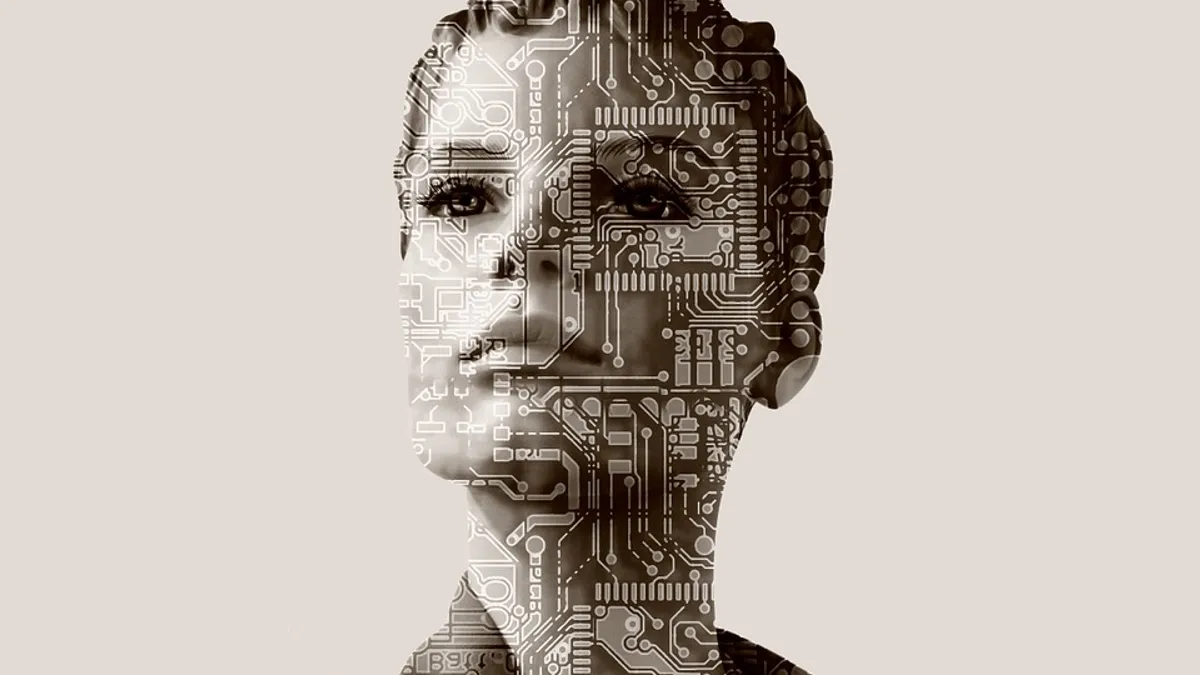Dive Brief:
-
Ikea recently launched a survey to gauge how consumers feel about artificial intelligence, and what they are looking for in AI and virtual assistant capabilities, a move which may be a precursor to the retailer launching its own such solution.
-
The survey, called "Do You Speak Human?," was created by Ikea’s Space10 innovation and design lab and asks questions such as whether consumers want your AI to be human-like, if it should be male, female or gender-neutral, and even if it should be religious, among other questions.
-
An Ikea official stressed that the retailer remains at an information-gathering stage, New Atlas reports. The company recognizes that AI presents a “tremendous opportunity,” but for now it is simply curious how people feel about AI.
Dive Insight:
Consumers can see how their answers stack up to others immediately after taking the survey and have the option to submit an e-mail address to be kept in the loop as the survey progresses. As of press time, the results showed that 44% of those surveyed said they preferred a gender-neutral AI. Also, 77% said they wanted an AI that would prevent them from making mistakes, but 46% said they wanted an AI to be obedient and assisting; the latter notion seems at least a little at odds with the former.
Ikea went out of its way to hint that consumers shouldn't take the survey as a sign that its is ready to bring its own AI-based virtual assistant to the market, but it is pretty hard to see things any other way.
The retailer has started edging its way into smart home products with the recent rollout of a smart lighting system. The Trådfri system, which leverages common ZigBee Light Link technology standards for connected light bulbs, relies on an internet gateway device that uses Ethernet connectivity to create a local network of bulbs. As the smart home market matures, the ability of Ikea and other retailers to continue innovating on smart home concepts will be tested by competition. At some point, with everyone offering a gateway or hub and connected lighting systems, players will have to work harder to distinguish themselves.
Although going from smart lamps to an Alexa-like or Watson-like virtual assistant still seems like a sizable jump, it's easy to see Ikea leveraging AI in some way in the near future.














